There are a lot of great reasons to teach music, and in this blog series (this is only PART ONE) I would like to point a few of them out to you. Not only will it help you grow in your own understanding of music and impact the life of your student (both musically and non-musically) in an incredible way, teaching will usually be the most stable source of income that you can receive as a full-time musician. I’m going to talk about money today, because let’s face it; if you’re trying to make a living with your music you need to make sure that you can. Duh! I think a lot of people overlook this category of musical income and I’d like to share with you my thoughts on the subject matter.
I should note for you, not only as the CEO of my online bass school L.A. Bass Lix and a co-owner of my brick and mortar school The Lewis Music Academy, that teaching music is what I do for my primary source of income. I love the opportunities I get for studio work, touring, one-offs and fly dates, bar and restaurant gigs, casuals, corporate events and even the rare chances I get to play my own music… But I won’t lie to you – those opportunities are pretty few and far between (by comparison). It takes all of these sources combined to make a dent in my monthly mortgage payment, and even then it’s just a fraction of what my take-home pay comes out to; which is staggering in comparison to what I make teaching.
Here’s the reason why teaching is so financially beneficial: it is stable.
Gigs come and go. Tours start and then they end. Wedding season is named appropriately. Club gigs disappear when the audience gets tired of seeing you night after night. I know that I’m not painting a pretty picture here for the “working musician,” and that’s not my intention. I’m just trying to paint a “realistic” one, and I think that most of you working cats out there will agree with me. Now don’t get me wrong, I LOVE doing this. I love playing music in any of the above scenarios, even if it only pays $100, even if I have to lug all my equipment because there’s no cartage or backline, even if it requires hours of travel, even if there’s no guarantee of pay…
I’m an artist and I do what I do because I love it. However, my bills won’t pay themselves and I don’t believe that you can live your life purely on good intentions and wishful thinking; that’s just irresponsible for me and my family. That’s why most of us go out and get a day job.
However, I decided long ago that I would never have a day job. And I never have. Technically, the only other job that I’ve ever had was working at a record shop when I was 16, and even then I just talked music all day with the locals. I’ve pretty much supported myself my entire adult life with music; performing, recording, traveling, but most importantly with TEACHING.
Mentioning how unstable each of the other categories of the music industry are leads me to the idea that teaching is the exact opposite. Assuming you run your business well, here’s what you can expect from your students:
1) They’re predictable. Unlike gigs, tours and studio work, they don’t just pop up out of the blue, cancel on you or waiver in payment. If you both agree to these terms beforehand (which I require), you’ll receive the exact amount you want AT THE BEGINNING OF THE MONTH, paid in full, with the understanding of a 24-hour cancellation policy. That means that if they forget to come you still get paid – and you don’t need to reschedule. Beautiful, isn’t it? And because they are predictable you can know at least how much income you’ll be seeing this month; a luxury that most working musicians have never known!
2) They don’t take up much time. Whether you teach hour or half-hour lessons, you’ll be making more money in less time. Let’s say you have only 10 students and they each pay you $50 an hour. That means you’re making $2,000 per month with only 40 hours of work altogether. If you can live on that alone you’re left with plenty of time to pursue your passions. And if you’re really good you can cram those 10 students into two 5-hour days; imagine making that kind of coin by only working Monday and Tuesday from noon-5.
3) They tell their friends. Word of mouth is powerful, and even though I get many gigs by referral, I get even more students from my students.
Now please don’t misquote me here, or misinterpret what I’m saying. I’m not telling you to look at people with greed or with money-signs in your eyes. I’m also not implying that money is the ONLY reason you should consider teaching (but given that financial stability is a HUGE factor in career decisions I decided to cover it first). I just want to show you that students have the potential of being the biggest financial asset to your business, if your business is music. A lot of players are able to do this with many other avenues in music. I have personally found those avenues (previously mentioned), as much as I love them, to be unstable and unpredictable, which is bad for business.
And obviously there’s PLENTY more reasons why you should share your musical knowledge with others and I’ll be more than happy to discuss them with you.
Next week 🙂
In the mean time, what does all of this mean to you?

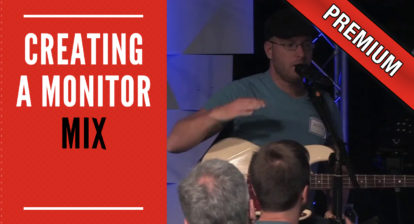
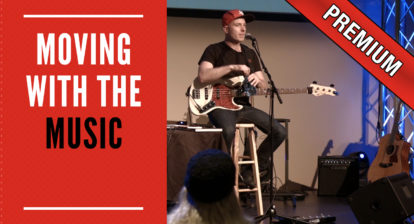

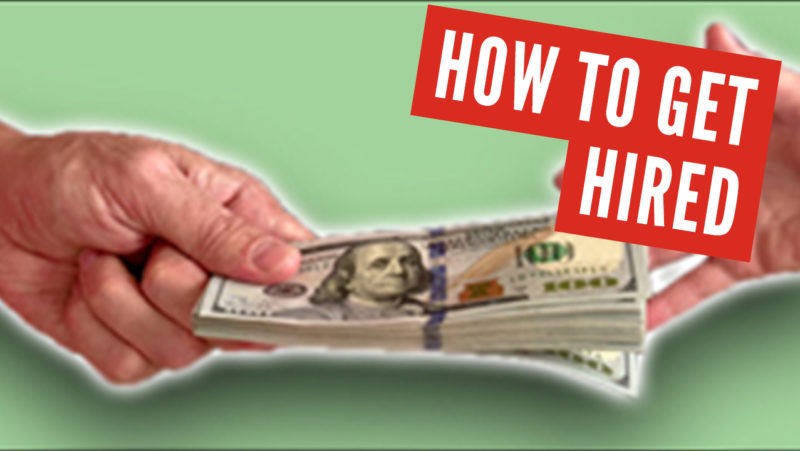
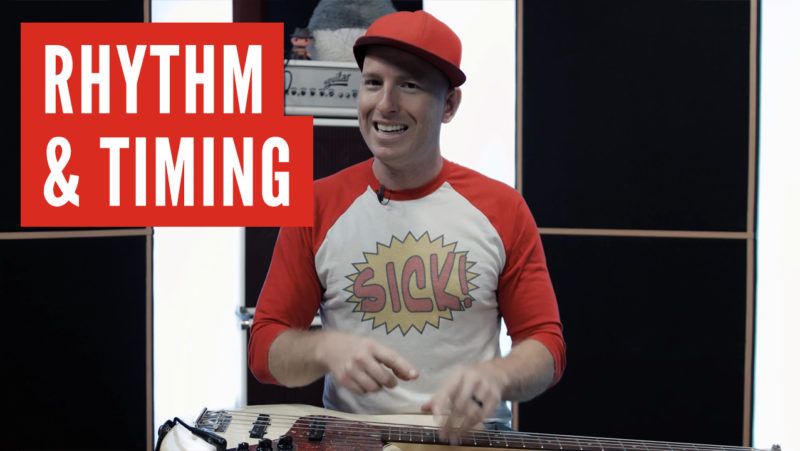
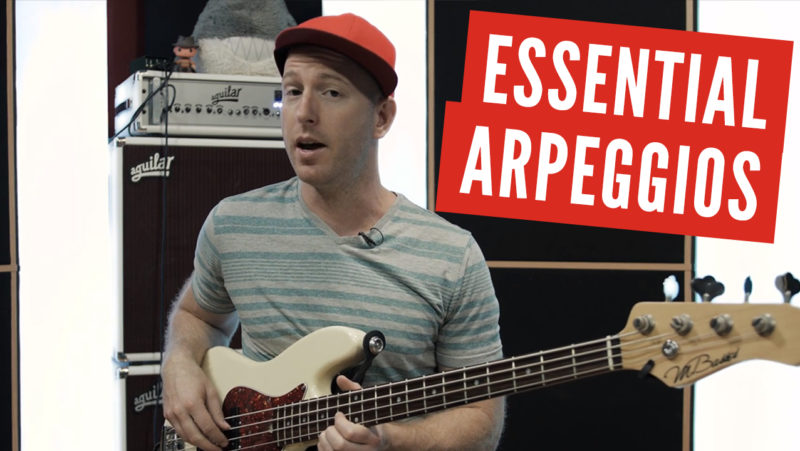
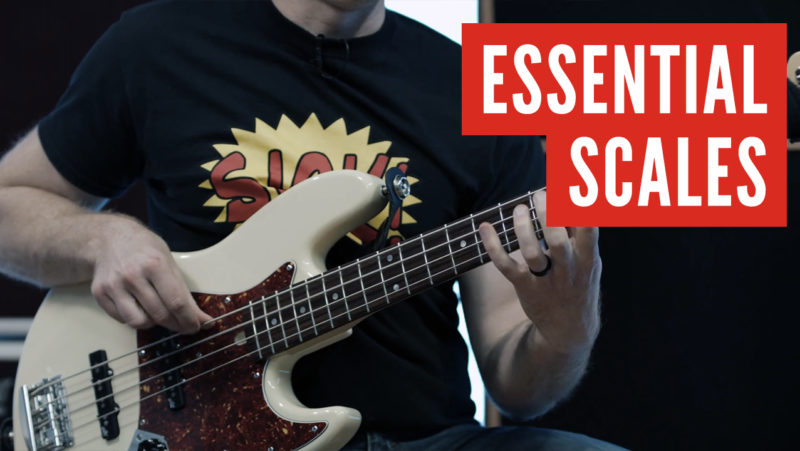
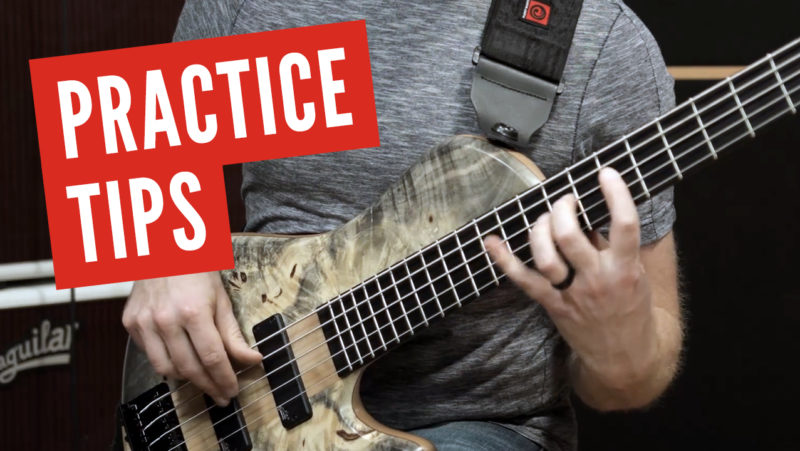
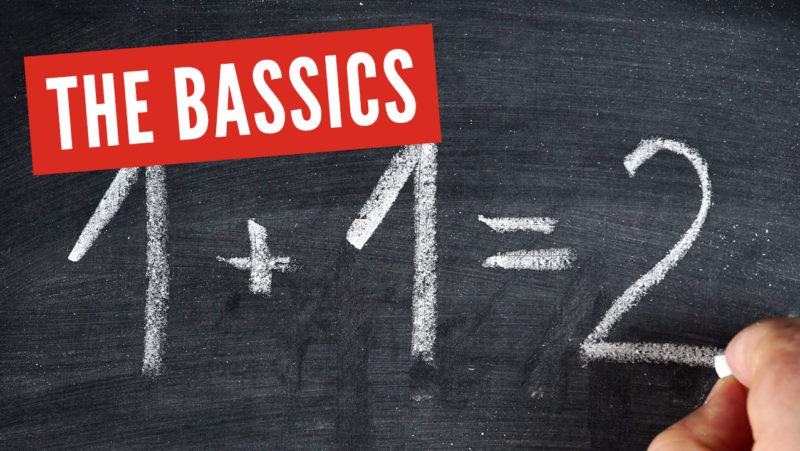
Erwin
Hey Jayme,
I’m a teacher by profession and I love to share my knowledge with my students. My bassical knowledge is something to share too, specialy as a churchbass player. Its difficult to teach someone how to incorporate your emotions and thoughts in their way of playing. This is my challenge 😎
Keep up the good work……
Bless you,
Erwin ‘SpaceMan’ de Jonge
The Netherlands
Jayme
Sorry for the late response, Erwin. I agree, playing with emotion and feel is the hardest thing, especially “moving” with the music. Certainly a challenge for any teacher. I think the best way to teach this is to use music that they are REALLY into. It’s hard to “get into” a song you don’t care about or understand, but the band you’ve been listening to your entire life – that’s easy to feel and get into, ya know? Thanks for stopping by and take care brother!
Jayme
Dustin
At what point did you know you were ready to teach? I’ve been playing for 20 years, but I still know there are some things that I could be better at, some theory that I could understand better. When does one pass from student to teacher?
Jayme
Hey Dustin – thanks for chiming in!
I knew I was ready when someone approached me and asked me to teach them. I think I was 14, maybe had been seriously playing the bass for about 5 years or so, and he wanted me to show him how to do what I do. Having no formal training on the instrument I was kind of forced to put my experiences and intuitions into words, and that really helped me grow in my understanding. I think most people feel like they need to know the answer to every single question before they can instruct someone on the instrument… You just need to be able to take them from where they are and help them continue to grow, based upon your opinion and expertise. And if they’re the ones asking you to do it, then they obviously believe in you enough to seek you out.
Also, if you don’t know the answer to their question (be it theory related in your case) you now have a perfect opportunity to go out and learn as much as you can about it so that you can teach it to your student. Teaching causes you to learn as well, which is why I love it 🙂